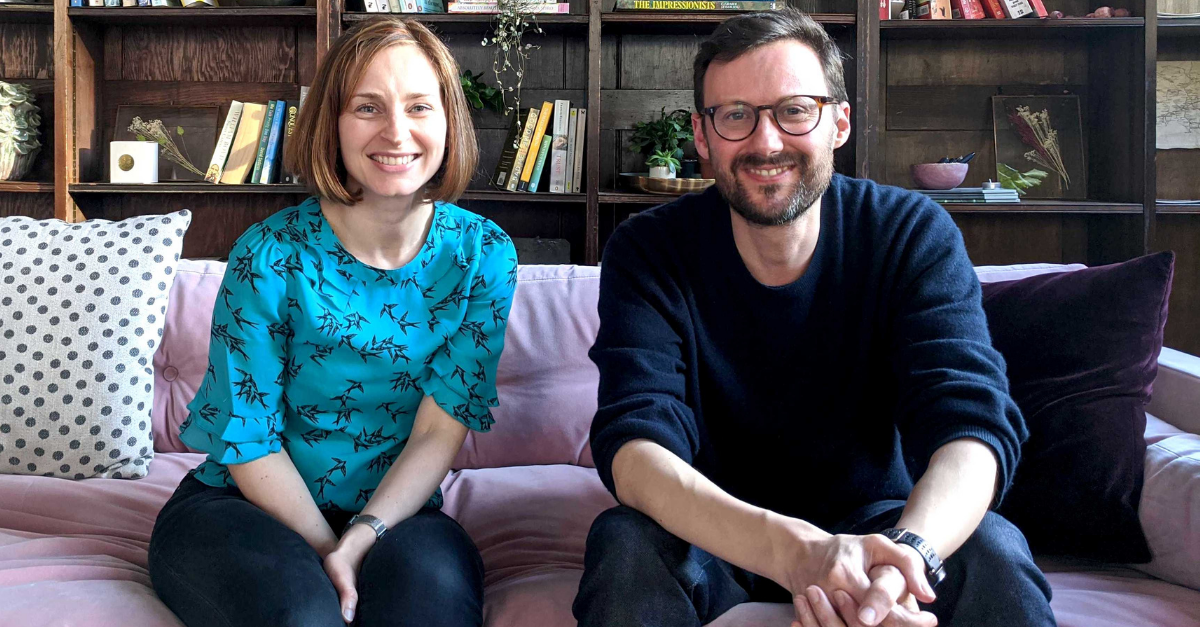Bethnal Green Ventures, Europe’s most active early-stage venture capital fund, has closed its second exit to date.
BGV calls itself a “tech for good” fund, sprinkling seed and early-stage investments of £30,000 each in 20 start-ups each year.
To date, Bethnal Green Ventures has invested just over £5m in just over 140 start-ups with another £5m ready to deploy. Seventy of those start-ups are still going concerns. Those 70 portfolio companies have gone on to raise another £100m in equity between them.
BGV also makes follow-on investments of between £50,000 and £100,000 in later funding rounds.
>See also: Who are the 5 most powerful venture capital funds in Britain?
So far, BGV has exited two undisclosed investments, but expects its number of exits to accelerate as start-ups first invested in up to eight years ago mature.
Its investment strategy is simple: by sprinkling early-stage micro funding across dozens of start-ups, if just a couple of start-ups grow to become £100m companies out of, say, two dozen investments, then that would pay off the rest of the portfolio.
Melanie Hayes, managing partner at BGV, says: “Even if just one of our portfolio companies exits with a £100m valuation, then that would justify our whole reason for being.”
BGV runs investment rounds twice a year, spring and autumn, receiving 250-300 start-up applications for each funding round. Those 250-300 applications are winnowed down to around 40 companies for face-to-face interviews, out of which BGF makes just 10 investments each funding round, so a 3 per cent conversion rate.
BGV wants to show that investing in tech start-ups addressing the world’s problems is not only worthy but profitable.
What the pandemic has done, Hayes says, has let the world catch up with BGV’s mission statement: all of its investments should either help sustain the planet, look after people’s health, or right a social wrong. In a way, the entire world has been focused on those three issues since the pandemic took over, whether it’s environmental concerns or the social justice of #BlackLivesMatter.
Hayes says: “In a way, the pandemic has focused interest in those three long-term trends. It’s shone a light on inequalities that exist in our system. The businesses that we invest in are using technology consciously for positive social and environmental outcomes.”
Hayes points to consumer research that mainstream customers increasingly want to buy from brands allied with progressive values.
Says Hayes: “Building businesses that solve needs, not wants, is an excellent strategy, as well as a great commercial proposition. That’s made the businesses we invest in quite resilient. Underperformance isn’t baked in, just because you’re doing something for the common good.”
Right idea, too early
Just before we all sit around a campfire singing Kumbaya, Hayes concedes that half her investments folding is a high attrition rate. Given that half of its investments have gone kaput, does Hayes see any common threads as to why these start-ups failed?
“The reason why companies fail are team dynamics, when founders do not have an aligned vision,” says Hayes. “Another factor if a start-up is too early to market. You’ve got to get the timing right.”
She cites one start-up BGV invested back in 2014 offering home delivery of less-than-perfect “wonky” fruit. Right idea but too early, she says.
BGV was born out of Social Innovation Camp, an organisation which in the late 2000s brought people together to use tech to help solve social or environmental problems.
After running several of these proto-hack weekends, great ideas came out of them, but nothing actually happened.
Hayes says: “Our thinking was, ‘If we could provide capital, if we could provide support, could we build scalable profitable companies tackling the most urgent social and environmental challenges we face?’”
At the time, Hayes worked for Octopus Investments while mentoring on what would become BGV. Previously, she worked at Channel 4 on its intellectual property fund, where she met BGV co-founder and CEO Paul Miller. Hayes began her career as a chartered accountant at Deloitte.
Hayes joined fully in 2013 after BGV had raised its first fund through charity Nesta, which was followed up by the Cabinet Office’s Social Incubator Fund and what is now Social Tech Trust. Between them, those three injected £2m into the nascent BGV.
Initially, BGV invested in six social ventures, three of which – Fairphone, DrDoctor and Mastodon C – are still going strong.
In March 2017 BGV received a further £1.3m investment from Big Society Capital, Nesta and Social Tech Trust.
By then BGV had £3.5m of dry powder to invest, and that sum continues to grow by up to £1m each year through the SEIS and EIS funds it raises.
Hayes says: “We invest very early. We’re often the first institutional money, very often putting money into an idea or an early-stage model or prototype. Really early stage investing is high risk and a number of those companies may well fail.”
The fund has since partnered with the Resolution Foundation to look at ventures improving low-paid work, developing technology aimed at workers in precarious jobs and their employment conditions. For example, portfolio company Organise is a platform which connects 1m UK gig-economy workers to campaign for better working conditions and rights in, among others, Uber, McDonalds and supermarket chain Morrisons.
Hayes is also keen to stress how different BGV is compared with other VCs when it comes to diversity. Currently, 43 per cent of its founders are women compared to a VC portfolio average of just 23 per cent.
Hayes says: “The diversity of those people running our portfolio companies need to reflect the diversity of the people affected by those problems.”
Further reading on Bethnal Green Ventures
22 venture capital firms you need to know about – Growth Business guide






